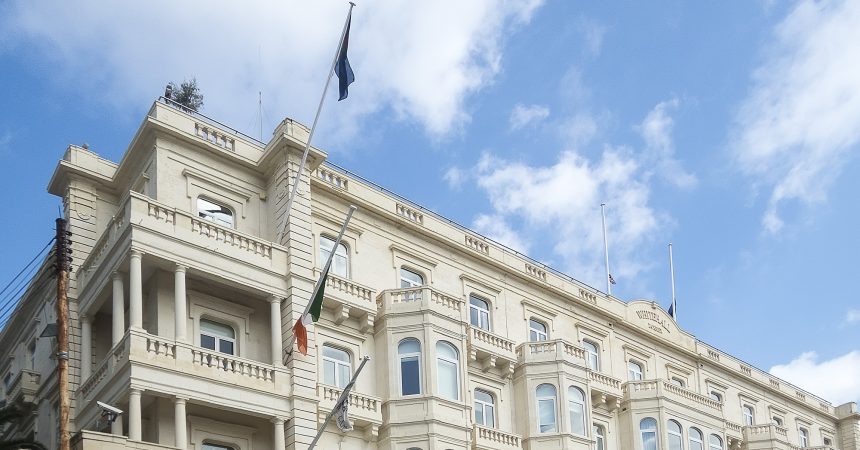The European Central Bank (ECB) is stepping up scrutiny of banks it sees at high risk of laundering money by launching a dedicated network of watchdogs sharing information on the matter, according to Reuters.
The report quotes the ECB’s chief supervisor Daniele Nouy saying that an anti-money laundering (AML) office will be set up to share information from its supervisors and other authorities.
The move follows a number of money-laundering scandals affecting banks in Malta, Denmark and Latvia.
Malta’s Pilatus Bank and Latvia’s ABLV were accused of laundering money by US authorities, leading to accusations that European watchdogs had failed to tackle the problem.
Pilatus Bank was recently shut down following a string of controversies in Malta linked to political corruption. In a letter sent to MEPs who called for the bank’s closure, the European Banking Authority had said it found various shortcomings in the supervision of Pilatus Bank.
It said that Maltese authorities had failed to implement robust due diligence checks during the authorisation process and did not respond to concerns on money laundering and dubious banking practices.
The Latvian Bank’s woes started when the US Treasury Department’s Financial Crimes Enforcement Network (FinCen) accused ABLV of institutionalising money laundering, violating sanctions imposed on North Korea and using bribery to influence Latvian officials.
Denmark’s Danske Bank was also embroiled in a money laundering scandal this year after revelations from a whistleblower. Danske Bank Estonia was revealed as the hub of a $234bn money laundering scheme involving Russian and Eastern European customers.
Danske is still in business, but its chief executive, Thomas Borgen, stepped down following a report that revealed the full extent of problems at the Estonian branch. It had thousands of suspicious customers, responsible for €200bn of transactions over a nine-year period.
Justice Commissioner Věra Jourová described the €200bn money-laundering case involving Danske Bank as “the biggest scandal in Europe“.
The ECB had earlier said it lacked a legal mandate to pursue money-laundering, which is typically in the hands of dedicated authorities in individual EU countries.












